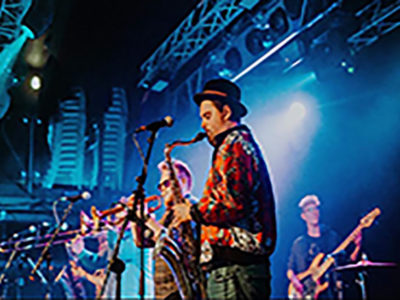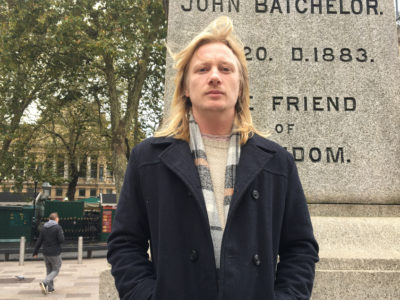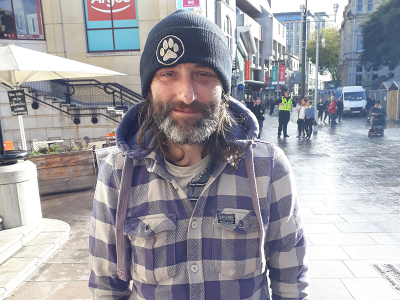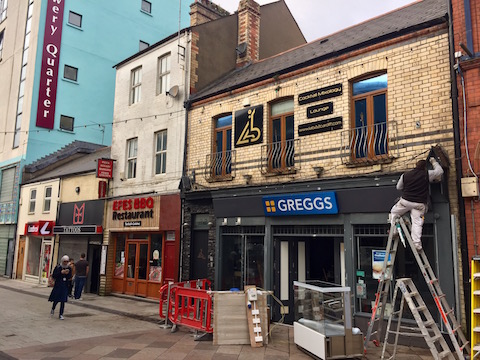Busking facts
Street performances have been part of every major culture’s long term history.
Previously known as ‘minstrels’, the word ‘busk’ first came into use in the late 19th century.
Before performances could be recorded, entertainers would take to the streets to earn money by amusing the crowds with magic tricks and music.
Benjamin Franklin was a busker, but was discouraged from performing his poems on the street by his father. It is said that this is where his idea of free speech came from.
Street performers are honing their skills at a Cardiff’s school for busking. Founded in 2006, The School of Busking provides an intense 3 day course packed full of activities, workshops, and guest lecturers for musicians and performers looking to cultivate their skills in pulling in the crowds.
School director Mario Morris says the course teaches people how to attract, keep and entertain an audience. On the course’s third day, students are encouraged to test their new skills out on the streets of Cardiff. “It’s a baptism of fire,” says Mario. “If the crowd doesn’t like you, they walk away.”
The course has welcomed students from all walks of life, many of whom have benefitted from increased self confidence, and a reignited passion for street performing.
Busking facts
Street performances have been part of every major culture’s long term history.
Previously known as ‘minstrels’, the word ‘busk’ first came into use in the late 19th century.
Before performances could be recorded, entertainers would take to the streets to earn money by amusing the crowds with magic tricks and music.
Benjamin Franklin was a busker, but was discouraged from performing his poems on the street by his father. It is said that this is where his idea of free speech came from.





